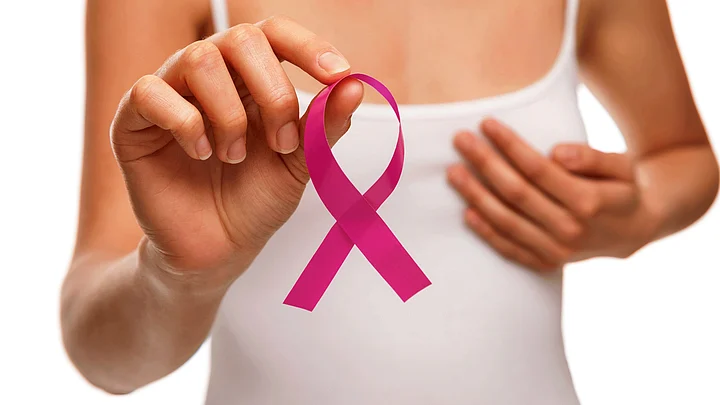If you happen to carry BRCA 1 cancer causing gene mutation, chances of passing them on to your child are extremely high. Now a Bengaluru woman has given birth to twins who don’t carry the oncogene, thanks to modern medicine and intervention carried out at Mumbai’s Jaslok hospital. This is believed to be the first such case in India.
Swayam Prabha’s mother suffers from cancer and her mother’s sisters passed away due to it. Speaking with The Times of India, Prabha said she needed to see the cycle of cancer and it’s damage end.
In 37-year-old Swayam’s case, IVF specialist Dr Firuza Parikh and her team used genetic testing to screen embryos before implanting those free of the gene, back into Swayam’s body.
PGT or Pre-Implantation Genetic Testing has been done to screen for BRCA 1 and 2 genes world over in around 150 cases. In India, Dr Parikh had previously used the technology to screen for thalassemia.
Angelina Jolie and BRCA 1 and 2 Gene Mutation
Hollywood actor and director Angelina Jolie made headlines 5 years ago, when in a moving New York Times Oped, she spoke about getting her breasts and ovaries removed. Angelina was a carrier of both BRCA 1 and 2 gene mutation that puts her at high risk of developing breast and ovarian cancer.
Swayam and her siblings were tested for BRCA 1 gene mutation after their mother was diagnosed with Ovarian cancer. Swayam tested positive and doctors advised that she get her ovaries and breasts removed as well.
Swayam wanted to wait to give birth before taking that step.
India’s cancer statistics are disturbing with women more likely to die cancer than men. 1 in 8 women in urban cities are at risk of getting breast cancer and roughly 1 in 1000 men fall in the category, according to a Tata Memorial Foundation Survey.
(With inputs from Times of India)
(At The Quint, we question everything. Play an active role in shaping our journalism by becoming a member today.)
